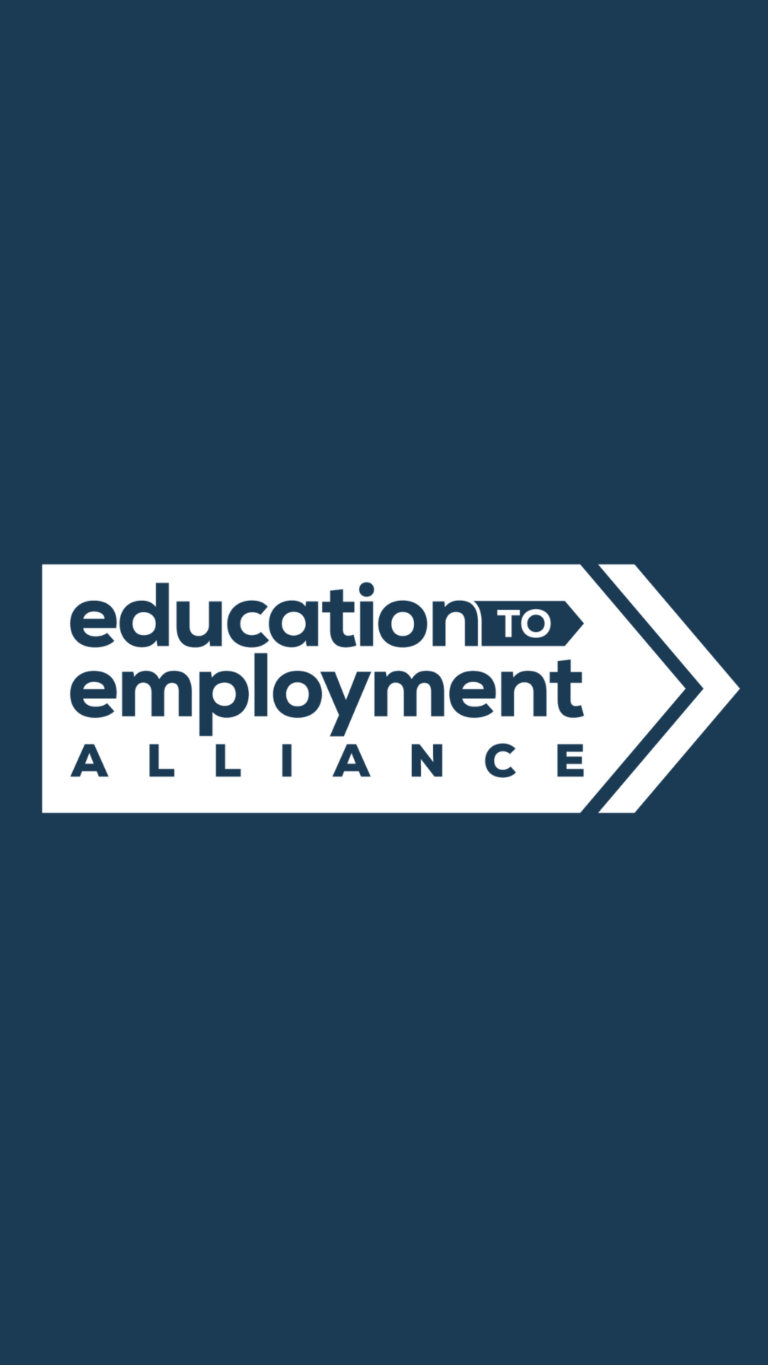Five Things We Love About Governor Polis’ Bipartisan Workforce Package
Legislation Aims to Put Colorado Learners & Business on Path to Success
With two jobs available for every unemployed person in Colorado, now is a critical time to identify policy solutions to address workforce shortages while creating educational and training opportunities for Coloradans.
Yesterday, Gov. Polis and bipartisan legislators, including Speaker Julie McCluskie, Rep. Jennifer Bacon, Rep. Meghan Lukens, Rep. Matt Soper, Sen. James Coleman, Sen. Jeff Bridges, and Sen. Mark Baisley, announced legislation to continue strengthening Colorado’s workforce and breaking down barriers to lower-cost education and training pathways.
Below, five things we’re loving from this announcement, and how these legislative steps will support Colorado learners and business.
Helping the state understand the costs and opportunities for savings by orienting around outcomes of postsecondary and workforce readiness programs
Colorado has numerous programs to help high school students obtain college credit, industry credentials, or work-based learning experiences, but they are complex and often hard to access. The ‘1215 Task Force’ report, released in December 2023, oriented around the value of all Coloradans having access to college credit on a defined pathway, in-demand industry credentials, or a work-based learning experience by the time they are 21.
By charging the Colorado Department of Education with conducting a fiscal impact study of the 13 postsecondary and workforce readiness programs, HB24-1364 would help us understand the cost and opportunities for savings to equitably expand those opportunities to more learners throughout the state.

Read more about how Colorado is blurring the lines between high school, college, and career from Gov. Polis in The74.
Colorado Succeeds is proud to have played a role in the many policies and opportunities described by the Governor in this recent piece.
Taking steps to build the infrastructure necessary to connect and make education and workforce data accessible to learners, families, and decision-makers
The same bill authorizes the creation of a statewide longitudinal data system and the governance structures needed to better understand the outcomes of our state’s education and workforce investments. Such a data system would realize a recommendation from the 1215 Task Force. This transparent and safe data system will:
- Help decision-makers understand the impact of investments
- Allow learners, families, and communities access to critical information
- Increase data privacy and security
- Be governed by a cross-agency data governance board, aligned with national best practice
Pairing the fiscal impact study with this data system would improve our decision-making power by allowing us to make smarter financial investments in the outcomes that are proven to lead to economic mobility.
Continuing the success of Opportunity Now & enhancing regional planning
Opportunity Now has already awarded $27 million to 46 grantees representing 145 businesses and 78 education partners in 38 industries. HB24-1365, which emerged from the work of the Education to Employment Alliance, would put funding toward the creation of a regional talent development grant program that will help seven regions host summits and set talent development goals plans to help focus regional talent development efforts.

The Education to Employment Alliance includes the Colorado Chamber of Commerce, Colorado Inclusive Economy, Colorado Succeeds, the Colorado Technology Association, and Colorado Thrives – representing more than 2,000 employers across the state.
The alliance developed a report that identified five policy goals and recommendations to boost the state’s talent pipeline. HB24-1365 will help address the second recommendation in the report.
Working to fill talent pipeline needs in construction
Colorado is experiencing a shortage of more than 40,000 construction workers, with workforce needs in the industry projected to grow as much as 32% by 2030. The same bill, HB24-1365, will support a fourth and final round of Opportunity Now grants, investing specifically in building and construction trades. These efforts support setting learners up for strong pathways to economic success and mobility and will work to alleviate the critical shortage of workers being faced by this industry.
Seeing apprenticeship in action and making steps toward expanding its use
When we think of apprenticeship, many often think of the skilled trades. But worldwide, and increasingly in Colorado, the apprenticeship model can be used in many fields to allow workers to earn while they learn. For example, Andy Tran, who participated in the Governor’s announcement, began as a software development apprentice at Pinnacol Assurance in high school and continues to work there as an employee while he pursues further education credentials. Both SB24-104 and SB24-143 make important steps toward integrating apprenticeships into our traditional education and hiring systems.
Stay tuned to Colorado Succeeds’ channels for ongoing updates as work on these bills continues, and read more about this legislative package from the Governor’s Office and our partners at the Colorado Chamber of Commerce.

